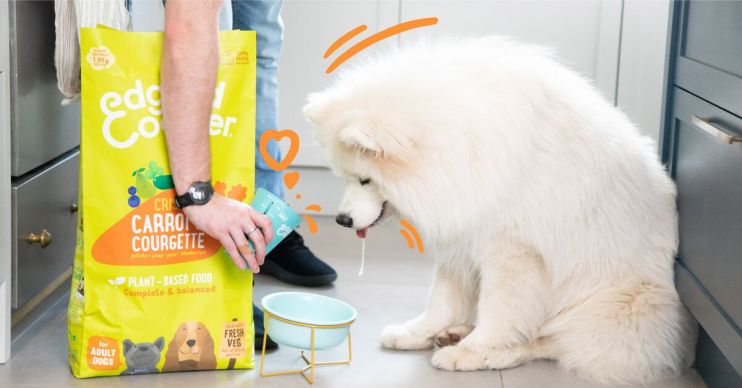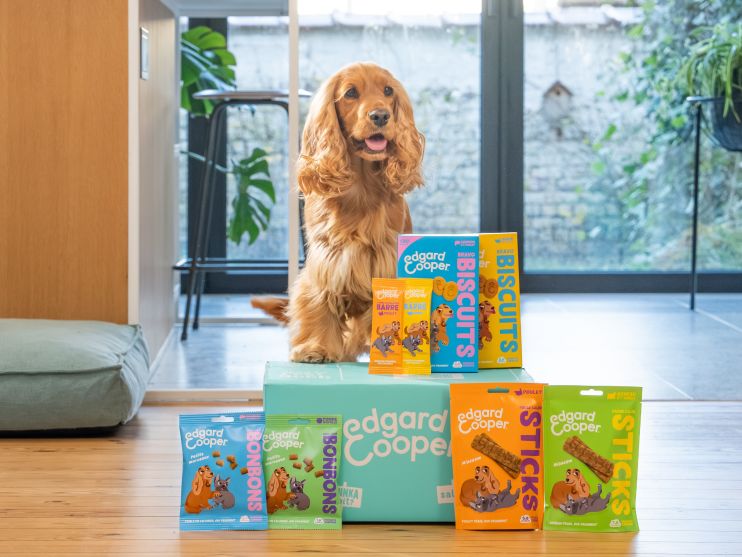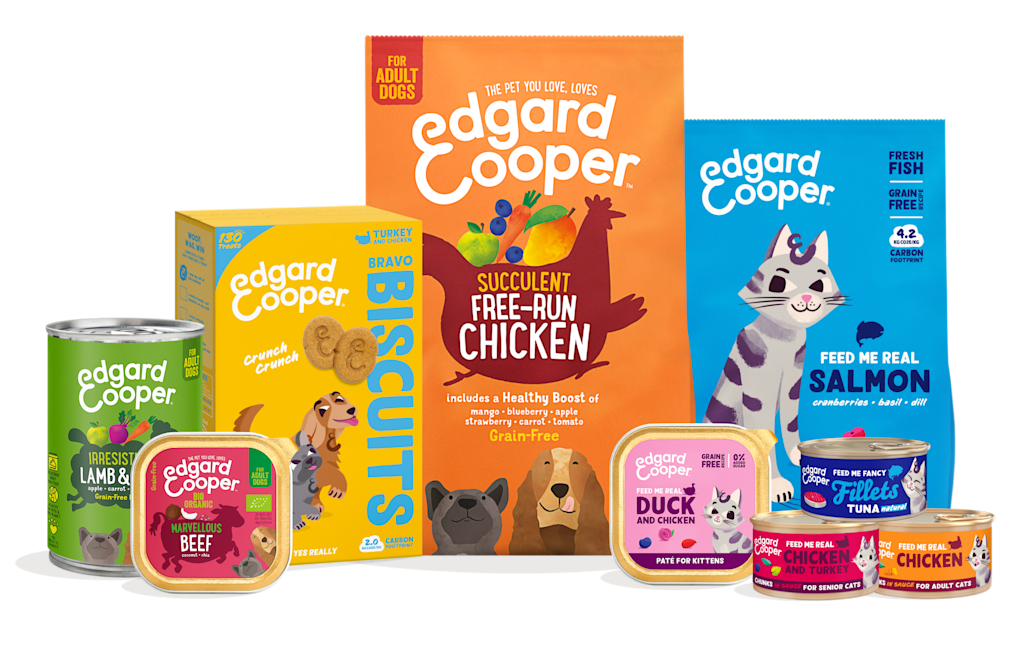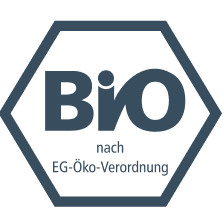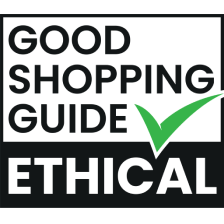Senior pet food for dogs and cats
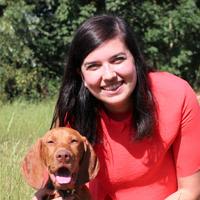
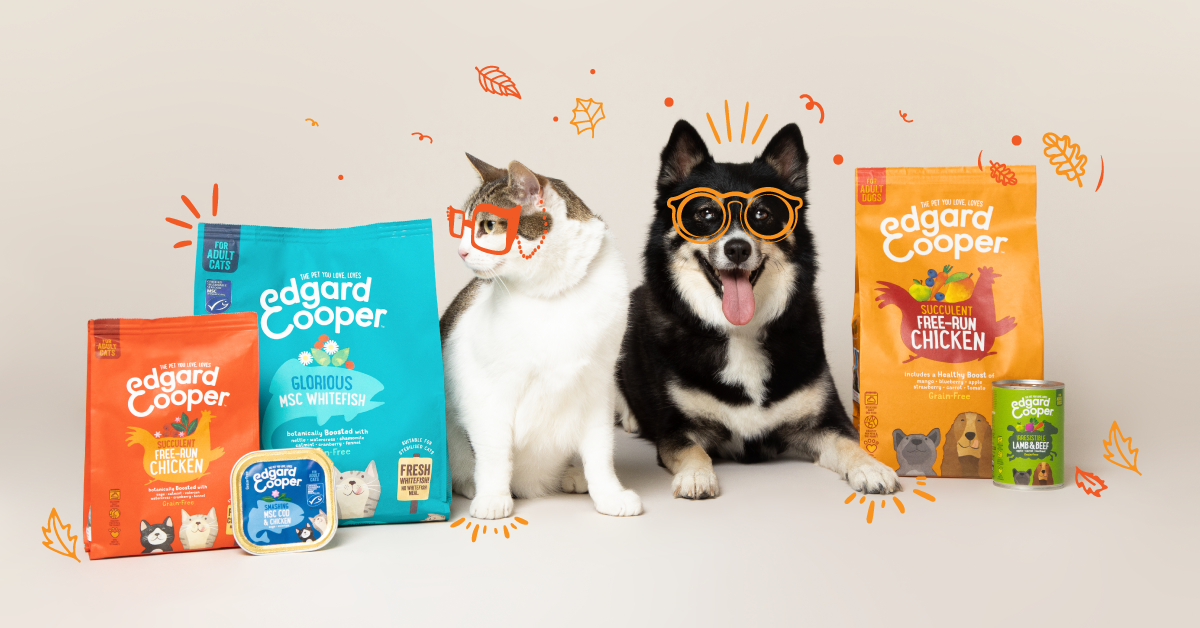
One of the toughest aspects of pet ownership is watching your four-legged friend getting older and frailer. But old age doesn’t have to by synonymous with ill-health, in fact your cat or dog’s golden years can be their happiest. With old age comes contentment and a more relaxed approach to life that can often enrich your relationship. Of course, certain lifestyle adjustments are necessary as your pet gets older and it’s important to ensure you’re feeding your old pal a diet that supports their changing needs.
Is my cat or dog a senior?
Dogs are generally considered ‘senior’ from the age of 8, while cats usually hit old age a bit later, around 10 or 11. These are broad guidelines however, and there is some variation across different breeds and sizes. Larger dog breeds tend to hit old age a bit sooner than smaller breeds, a guideline that also applies to cats. Large breeds like the Maine Coon have slightly shorter lifespans and reach old age a bit earlier.
The signs of old age in dogs and cats are broadly comparable to those we see in older people. You can expect to notice a decline in mobility, slightly less enthusiasm for long walks, in the case of dogs, and more time spent napping.
Sadly, old age also tends to increase the chances of health issues, such as deteriorating eyesight, deafness, dental problems and symptoms associated with kidney disease. Weight gain and obesity can also become more of an issue, especially in dogs, which can lead to joint problems and diseases like diabetes.
Keeping an eye on your cat or dog’s eating habits can be an effective way to pick up on some of these health issues. A sudden loss of interest in food is usually a good reason to suspect something might be wrong.
It’s also wise to keep an eye on the weight of an ageing cat or dog. Noticeable weight loss in both cats and dogs might, for instance, indicate a dental problem such as inflamed gums. Generally speaking, it’s a good idea to pay extra attention to dental hygiene as your dog or cat gets older. This could mean regular tooth brushing, a daily dental stick or a dietary shift towards wet food, which should be a bit easier to eat if dental issues are causing pain.
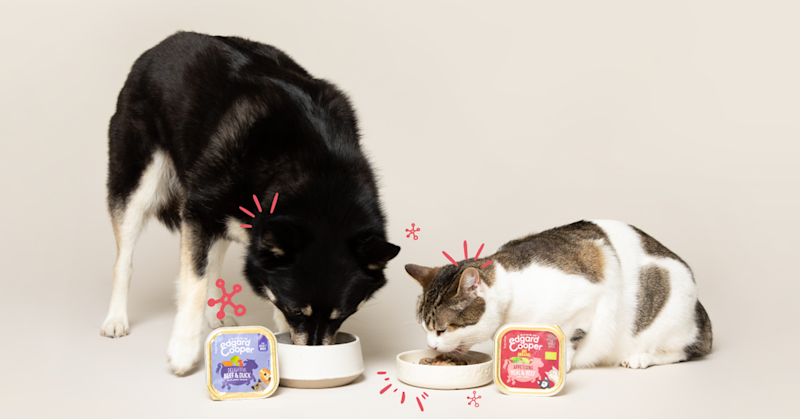
Along with keeping an eye on your cat or dog’s eating patterns, it's also important to keep track of their drinking and urinating habits. Changes can indicate possible health issues like kidney disease, especially if you notice an increase in drinking and weeing.
What should I feed a senior cat or dog?
When your pet gets older, it remains very important to give them a fully balanced diet that perfectly meets their needs. A well-balanced diet will help keep your pet fit and healthy, even while the passing years begin to take their toll. An ageing pet is more vulnerable to health issues, so small lifestyle adjustments and an age-appropriate diet are important considerations.
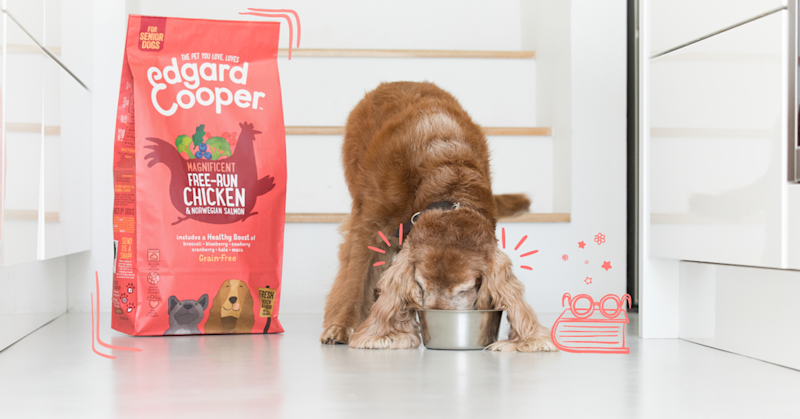
Our low-calorie grain-free senior recipe, Chicken & Salmon, is perfect for older dogs who have become a bit less active. It’s full of lean protein and provides a rich source of Omega 3, which is good for aging brains and a healthy coat. Our Fresh Chicken & Whitefish recipe is similarly formulated to support the needs of an aging cat. Both of these tasty senior recipes contain glucosamine and chondroitin, which support joint health. Follow the guidelines on the packaging to ensure you measure the ideal portions for your dog.
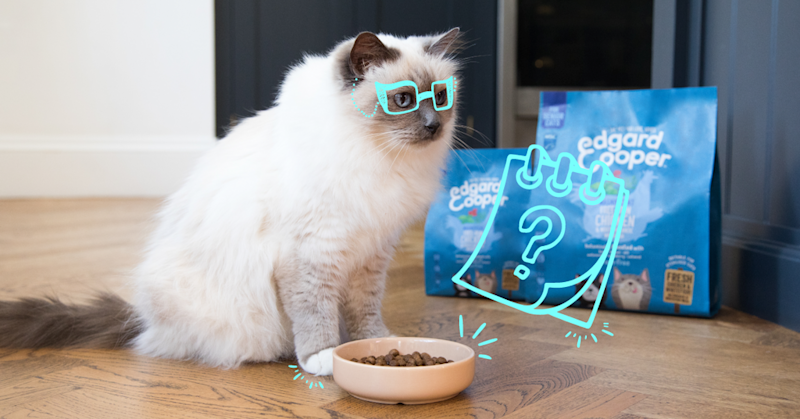
Cats and dogs are creatures of habit, so it’s a good idea to introduce new senior food slowly, so your pet's body and intestines can gradually adapt to the new diet. It’s a simple process – gradually increase the measure of senior food in your pet’s bowl while decreasing the amount of their current food. For dogs, this should take between 3 and 4 days. For cats, you should aim to complete the dietary transition to senior food over 6 to 7 days.
Can a senior dog eat adult dog food or vice versa?
Of course! Just bear in mind that senior cats and dogs have slightly different dietary requirements as they get older. Senior pet food is formulated to match those needs and help your pet’s body cope with age-related lifestyle changes like decreased activity and aging joints.
If you have any questions about what to feed your dog, no matter how old or young, please get in touch via the chat on our website.
About Edgard & Cooper

Joyful pet food
Eating is one of life’s simple joys, so why overcomplicate things? Unlike most other pet foods, we treat nature’s ingredients with respect and make food that’s naturally healthy and full of flavour.
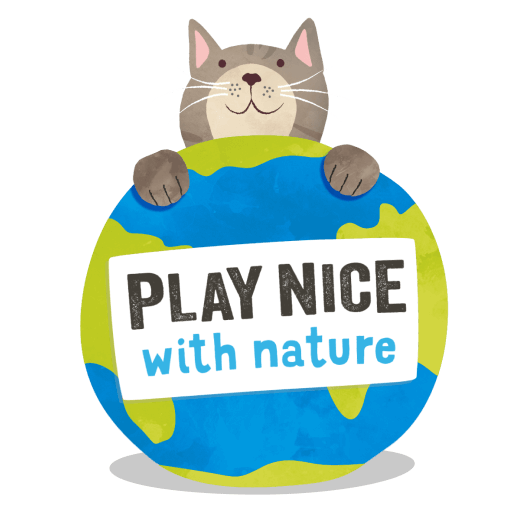
Play nice with nature
We’re on a mission to become the world’s most sustainable pet food. We love nature, so we pledge to make real, lasting change through our targets of zero carbon, fully sustainable packaging and ethically sourced ingredients.

Friends stick together
We donate 1% of our sales to the Edgard & Cooper Foundation, which works with charities that improve the lives of cats and dogs today, while protecting them tomorrow.

